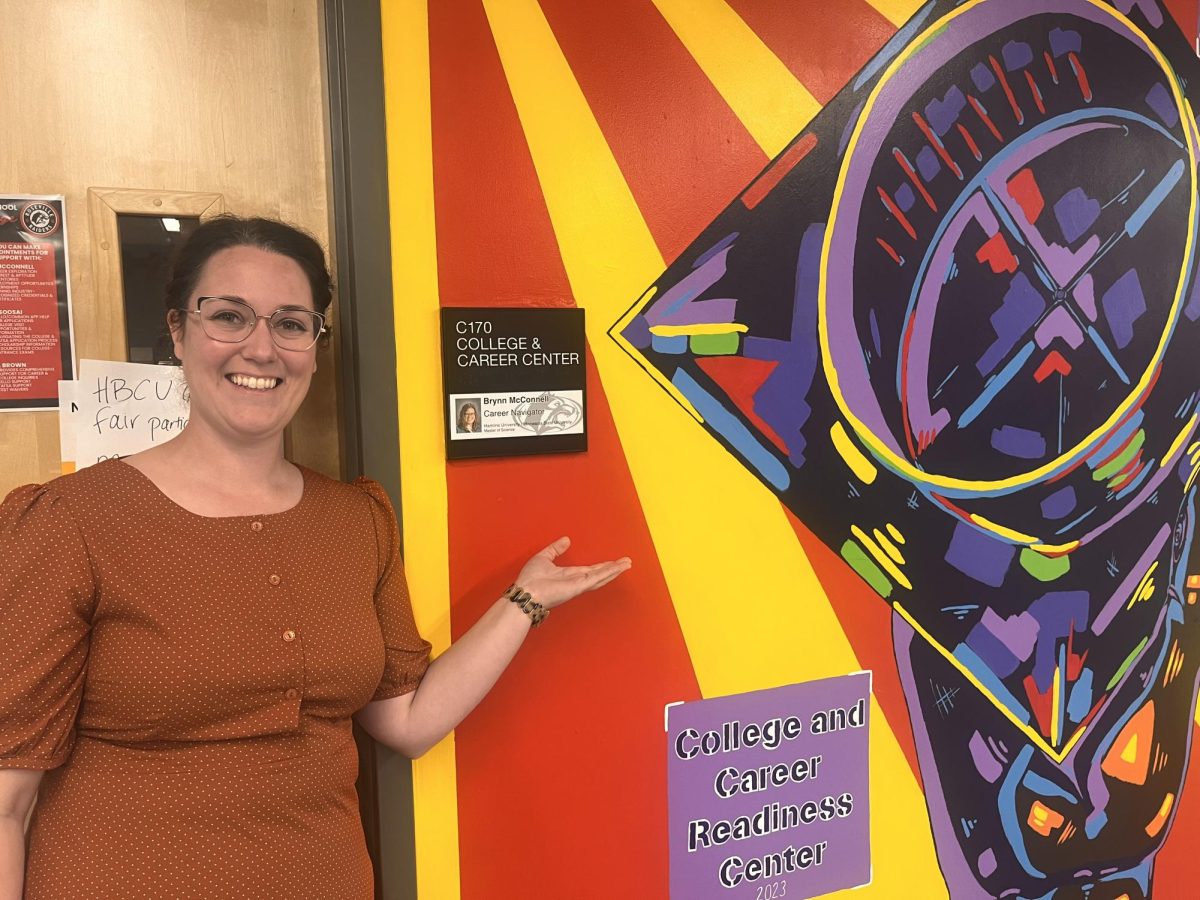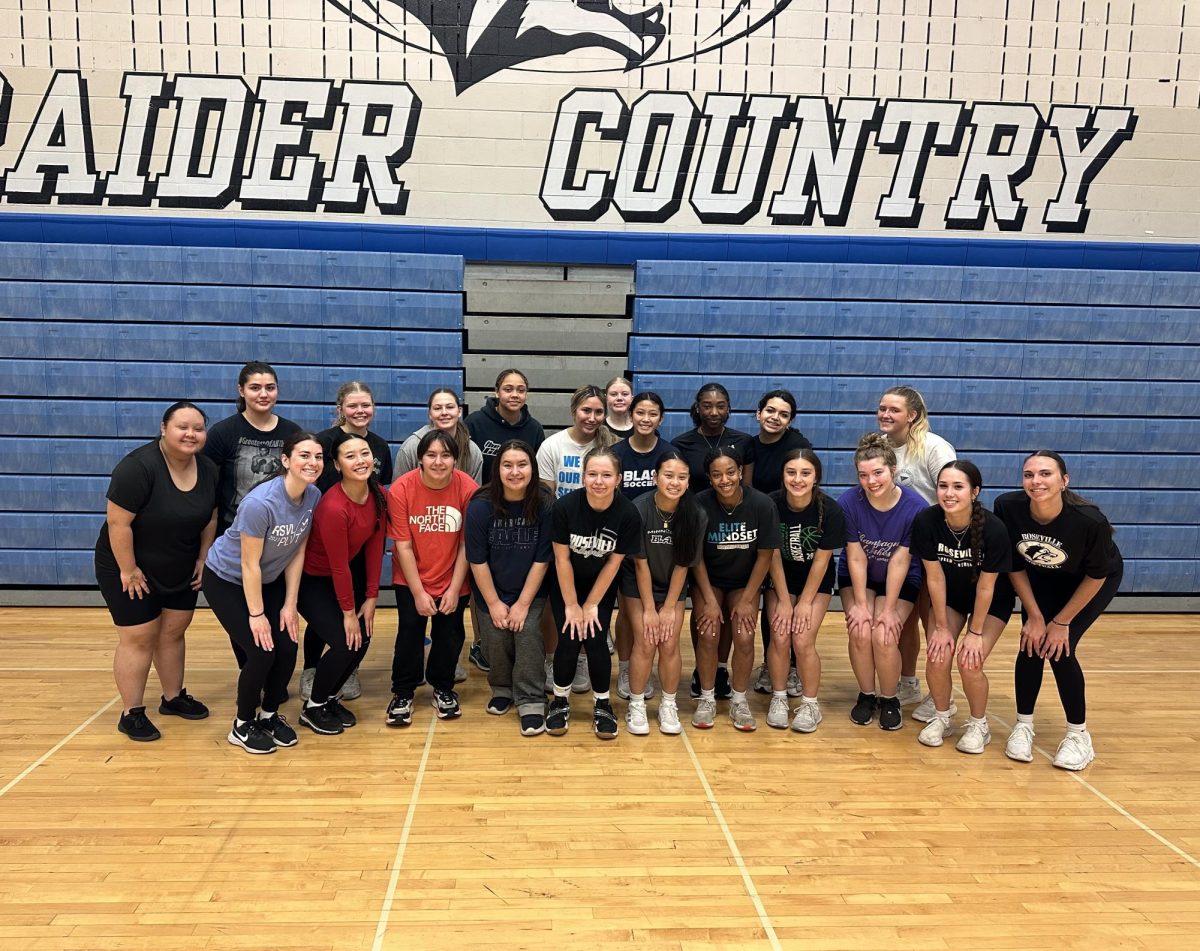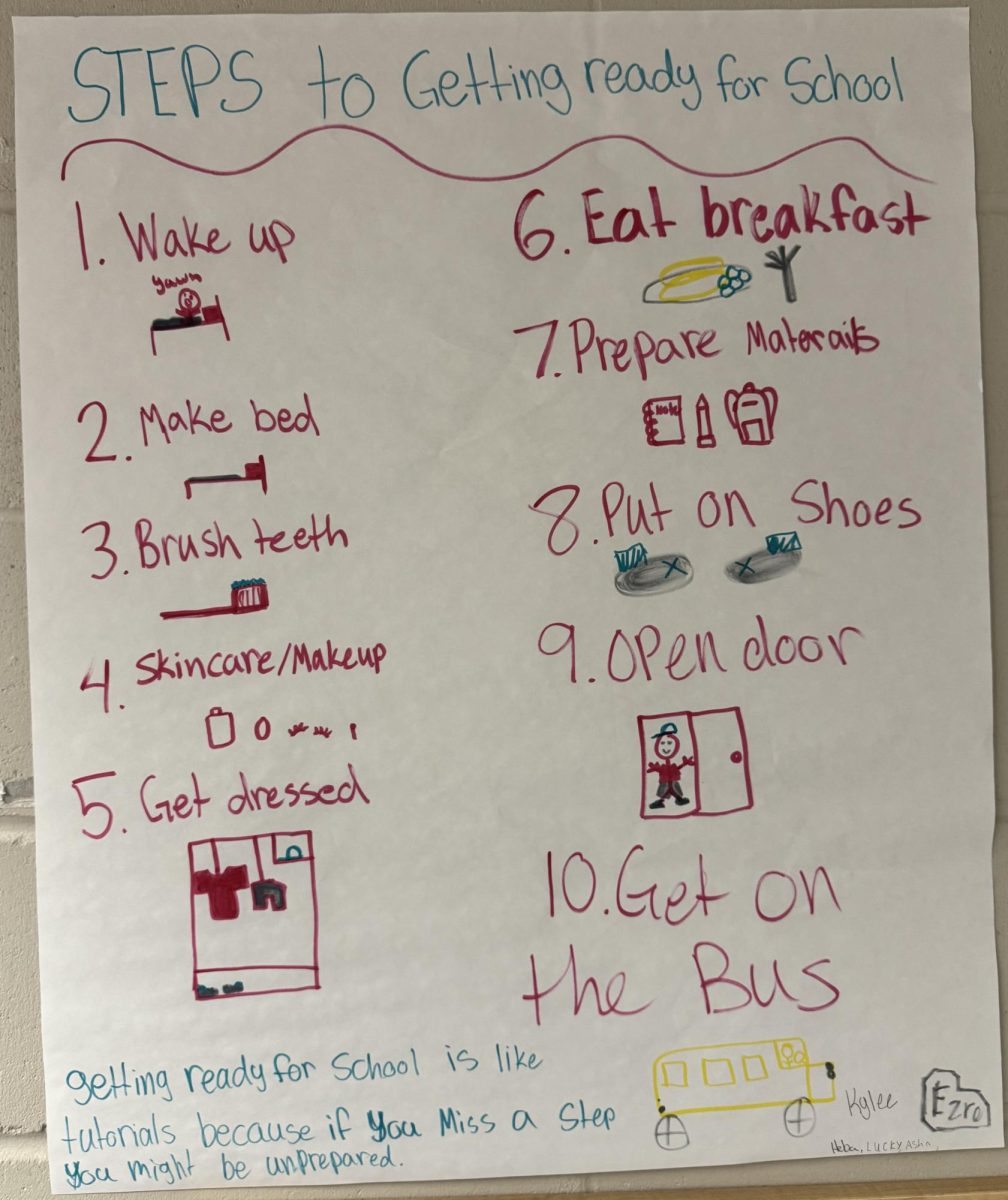With MCA reading and math out of the way and MCA science wrapping up, many students are posing the question—what are the MCAs actually for? Are they helpful?
MCA stands for Minnesota Comprehensive Assessments, and are required state wide. The test actually varies from state to state, because different states have different legal standards. The MCA tracks what the State of Minnesota deems as a grade level requirement, and is used to track how well the school does at teaching the subject rather than the individual student scores. According to the Minnesota Department of Education, it’s impossible to fail the MCA, because it doesn’t follow you on college or job applications, it’s simply to test the abilities of the school.
However, the MCA isn’t all good. Standardized tests always target one demographic, and tend to leave out the rest. These tests can be super anxiety-inducing for a lot of students, and they might not perform well on the MCAs even if they try their hardest and if they’re up to the grade level standard in class. Another concern is that a lot of students tend to just click through the test, and don’t actually try to answer the questions correctly. An anonymous student asked, “If the tests don’t affect my college applications or my GPA, why should I care about how well I do?”
Francesca Geffre, a senior, felt strongly about why we should try on the MCAs, and why Roseville should do a better job at encouraging students to take the test. She said, “It’s a contest, and since it’s a contest, we should try to win…this is a factor to get funding.”
But…how do schools actually receive funding from these tests? First, it’s public information, so when a guardian is deciding where to send their child to school, they might look at how high test scores are to determine which school is the best.
Also, MCA scores can be used to improve curriculum and learning, which could also encourage more people to send their children to RAHS. Of course, more bodies means more money, so our school can spend that money on improvements.
Another plus of taking the MCA is that it’s good practice for the tests that might matter more to you personally. For example, taking the MCA is great practice for the PSAT or ACT, which you take in your junior year of high school. These tests open a plethora of doors for scholarship opportunities if you are applying for college, and you’ll probably have to take some pretty serious tests in many kinds of college classes—some knowledge on standardized tests could save your grade.
The good news is, caregivers can opt for their students to not take the MCAs if it really makes them feel stressed, but they should make sure to consider some of the pros along with the cons next time they are questioning whether to take the MCA or not. And of course, if you are taking it, make sure to put in an effort. It’s a drag, but it could really help out in the long run.



























